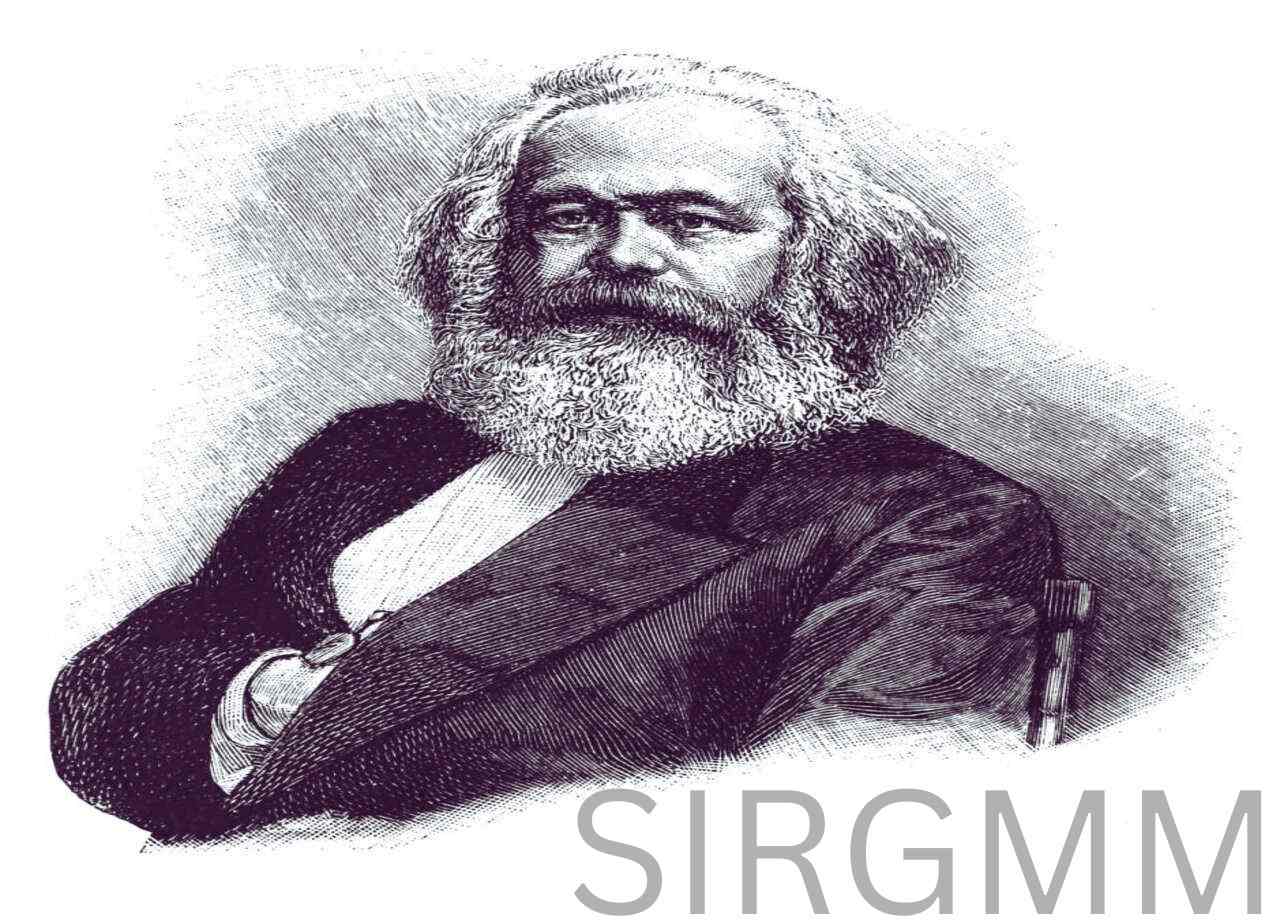The Jungle Laws that Inspired Karl Marx's Journey Towards Communism
But in the early 1840s, the forest owners suddenly realized that the poor were stealing their wood. They believed that the poor had no right to take away the fallen wood. So the powerful people passed some rules that later became known as the laws of the jungle. According to those laws, picking up the fallen wood was a crime and punishable by imprisonment. The owner could determine the price of the fallen wood and then take it from the poor.
It meant that the rich could do anything but the poor had no rights. These laws were the laws of the jungle. The people of the Rhineland firmly opposed those laws. But the government strictly enforced the new laws. Therefore, whoever violated those laws was arrested. In a short period, 150,000 cases were registered against the poor. It was the passage of the jungle laws that brought Karl Marx closer to communism. Though he had been observing the between rich and poor since he lived in the city of Trier.
He had seen that the rich owners of vineyards in his city were getting richer every day. While the poor people working in those vineyards were getting poorer. The majority of the people in his city were poor and forced into begging and prostitution. Marx had observed these problems closely but didn’t know who was responsible or how to resolve them.
Karl Marx's Battle for Press Freedom: How the Laws of the Jungle Pushed Him Towards Communism
But now, as a journalist, he was watching that those were the rich people who exploited the poor. Marx could not remain silent. He wrote some articles against the laws of the jungle. In those articles, Marx sharply criticized the laws and passed harsh remarks on government officials. Poor censorship could not filter those articles. But once they were published the high-ranking officials were angry.
Marx’s name was not written in the articles so he survived.
But the government took action against the newspaper. The governor of Rhineland called on the Prussian government to prosecute the anonymous author of the articles. The governor said that the Zeitung newspaper had disgraced the government. Marx quickly adopted a conciliatory tone. He also wrote a soothing letter to the governor in which he expressed his good wishes for the Prussian King. He was doing all this to keep himself and the newspaper alive.
But despite this letter, the relations between the government and the newspaper soon reached the breaking point. Then, on January 21, 1843, a messenger from Berlin arrived in Cologne on horseback. The messenger brought a federal order revoking the license of Zeitung beyond March 1843. Zeitung’s previous license was only valid until March. Now the government was not going to renew it after that.
The Censorship, The Laws of the Jungle, and the Closure of Zeitung: Karl Marx's Struggle for Press Freedom
Surprisingly, this order was given directly by King Frederick William IV of Prussia.
This royal decree surprised Marx and his friends. They could not understand why did the King intervene to shut down the newspaper. Marx thought that perhaps it was some articles in support of farmers that angered the government. Little did Marx and his colleagues know that there was another great game going on behind the scenes. The order to shut down the newspaper came not from Berlin but directly from Russia. Yes, it was not the King of Prussia but the King of Russia, Tsar Nicholas I, who ordered the closure of Marx’s newspaper.
Zeitung published an article on January 4, 1843. This author criticized the Russian government. Prussia was Russia’s ally in the 1840s. When the Russian government learned of the article, the Prussian ambassador to Russia was summoned. The Russian government asked the ambassador how the German press could insult them despite strict censorship. The Prussian ambassador told his government in Berlin about the incident. As a result, the newspaper was shut down. However, Marx discovered the real reason behind this closure after a long time.
It is an Irony that the Tsar didn’t know that these would be Marx’s ideas that would ultimately overthrow the Russian monarchy. If the Tsar had somehow known the future then probably Marx would not have lived longer. However, at the behest of his friend Nicholas 1, the Prussian king shut down Zeitung. Following the closure of Zeitung the German press published a cartoon in which Karl Marx was portrayed in the style of his ideal Greek god Prometheus.


2 thoughts on “Who was Karl Marx | Part 5”